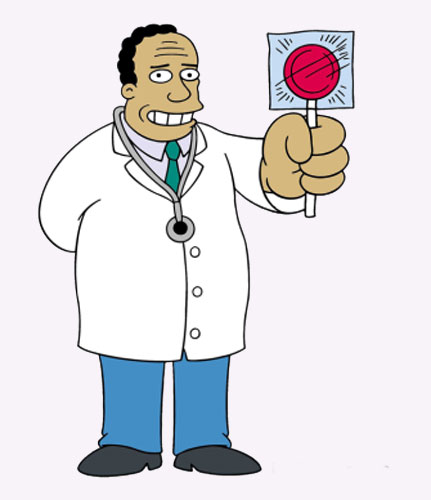
Most sexually active Americans are aware that the spread of STDs is a major problem throughout the country, but an alarming amount still don’t know enough about STDs to protect themselves adequately. Learning more about STDs and their symptoms can help those at risk prevent infection and minimize the spread of disease.
All About STDs: Chlamydia
It’s impossible to talk about STDs without highlighting Chlamydia, the country’s most common STD. It is important to stress that Chlamydia is often asymptomatic. In fact, 75 percent of cases in women and 50 percent of cases in men do not produce any noticeable signs. When present, common symptoms of Chlamydia in men and women include:
- Penile or vaginal discharge, usually white or yellow in color
- Pain or burning during urination
- Pain or discomfort during intercourse
Left untreated, Chlamydia can cause chronic pelvic pain and infertility in females. for this reason, annual screenings are recommended for all sexually active individuals, women in particular. Chlamydia can be cured with antibiotics, but an accurate diagnosis must first be in place for proper treatment to be rendered.
All About STDs: Gonorrhea
Those concerned about STDs cannot ignore gonorrhea, an infection that impacts more than 700,000 individuals each year. while the majority of those infected will never experience side effects of gonorrhea, typical symptoms include:
- Thick genital discharge, generally yellow or white in nature
- A burning sensation during urination
- Bleeding between periods in women
- Testicular pain in men
Gonorrhea can be easily cured via antibiotics, but left undetected, it has the ability to cause pelvic inflammatory disease and permanent reproductive system damage in women. The CDC recommends annual testing to sexually active males and females alike.
All About STDs: Genital Herpes
Potentially painful and incurable, genital herpes currently affects one in six sexually active adults. However, up to 90 percent of those infected are unaware that they have genital herpes due to vagueness or complete absence of symptoms. Some people positive for genital herpes will never experience a herpes outbreak and some may experience outbreaks that are so mild the symptoms are mistaken for innocuous conditions such as shaving irritation or jock itch. But for others, symptoms can be frequent and extremely disruptive to daily life. a classic, textbook herpes outbreak will often include:
- Painful, blistering genital sores
- Flu-like symptoms, including fever, body aches, and fatigue
- General genital discomfort
Antiviral medication can help alleviate these common herpes symptoms and reduce the frequency of future outbreaks. It is important to note that while genital herpes is typically spread via skin-to-skin contact, a herpes outbreak does not need to be present for transmission to occur. Since genital herpes is easily transmitted and most people are unaware they have it, STD experts recommend that those at risk get tested for herpes yearly.
All About STDs: HIV
Many Americans worry about STDs like HIV, which can progress to AIDS if left untreated. many individuals infected with HIV won’t display any immediate symptoms. However, since early signs of HIV can be vague and indiscriminate, it is important not to rely on symptoms as means of diagnosis. Early symptoms of HIV are often similar to the flu or mono and may include the following:
- Fever
- Body aches
- Fatigue
- Sores or bodily rash
Over time, HIV symptoms can worsen to include extreme weight loss and recurring flu-like side effects. By the time HIV symptoms are debilitating, the virus may have progressed to AIDS. Though HIV can be managed to maintain immune system strength, early detection is key so antiviral drugs can be properly administered to delay the onset of AIDS. Routine testing is recommended on a yearly basis for all sexually active adults. Those at a higher risk should seek testing more frequently.
Getting the Facts About STDs
Learning about STDs can help those at risk for infection better protect themselves. Ultimately, the best line of defense against STDs is regular testing and proper protection during all forms of sexual intercourse. Knowing more about STDs and their symptoms can empower sexually active individuals to limit the spread of infection and, in some cases, preserve their own health on a long-term basis.